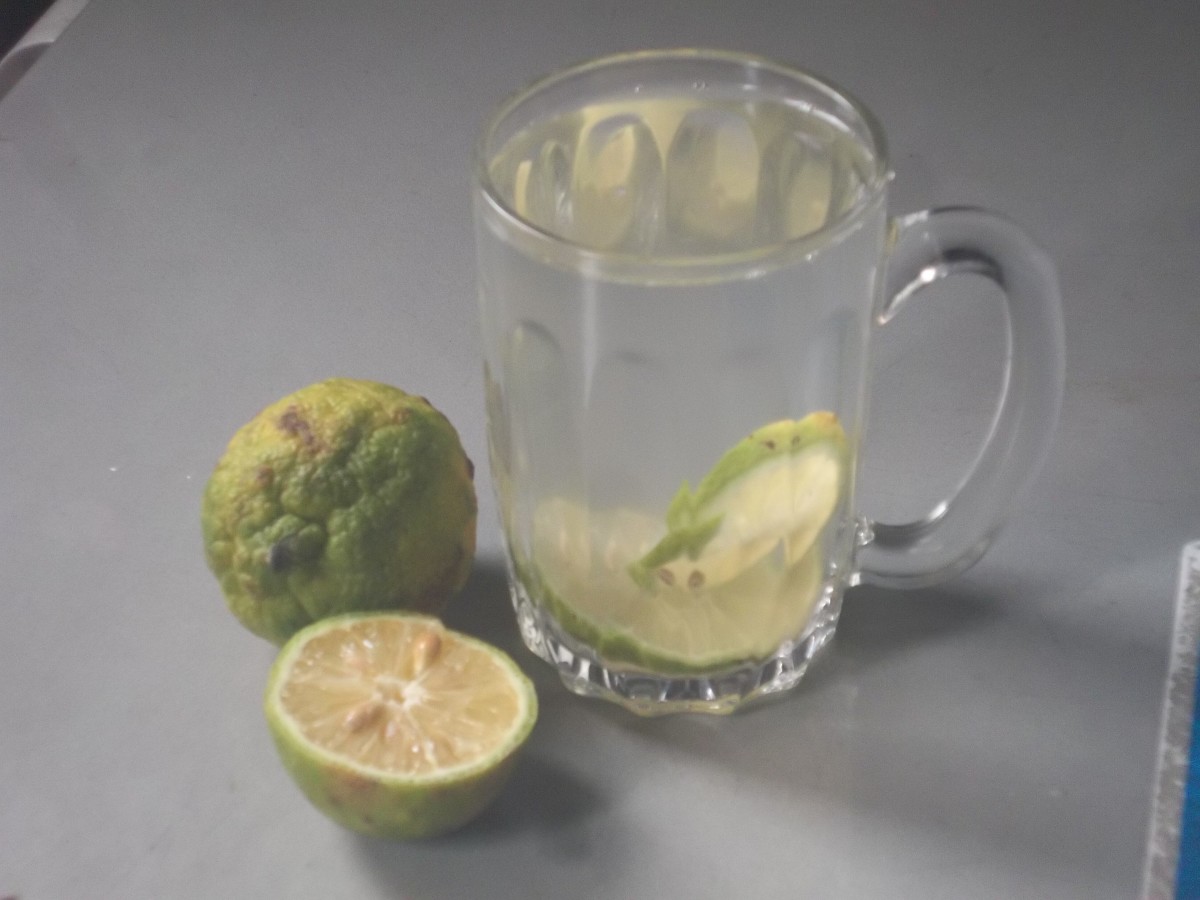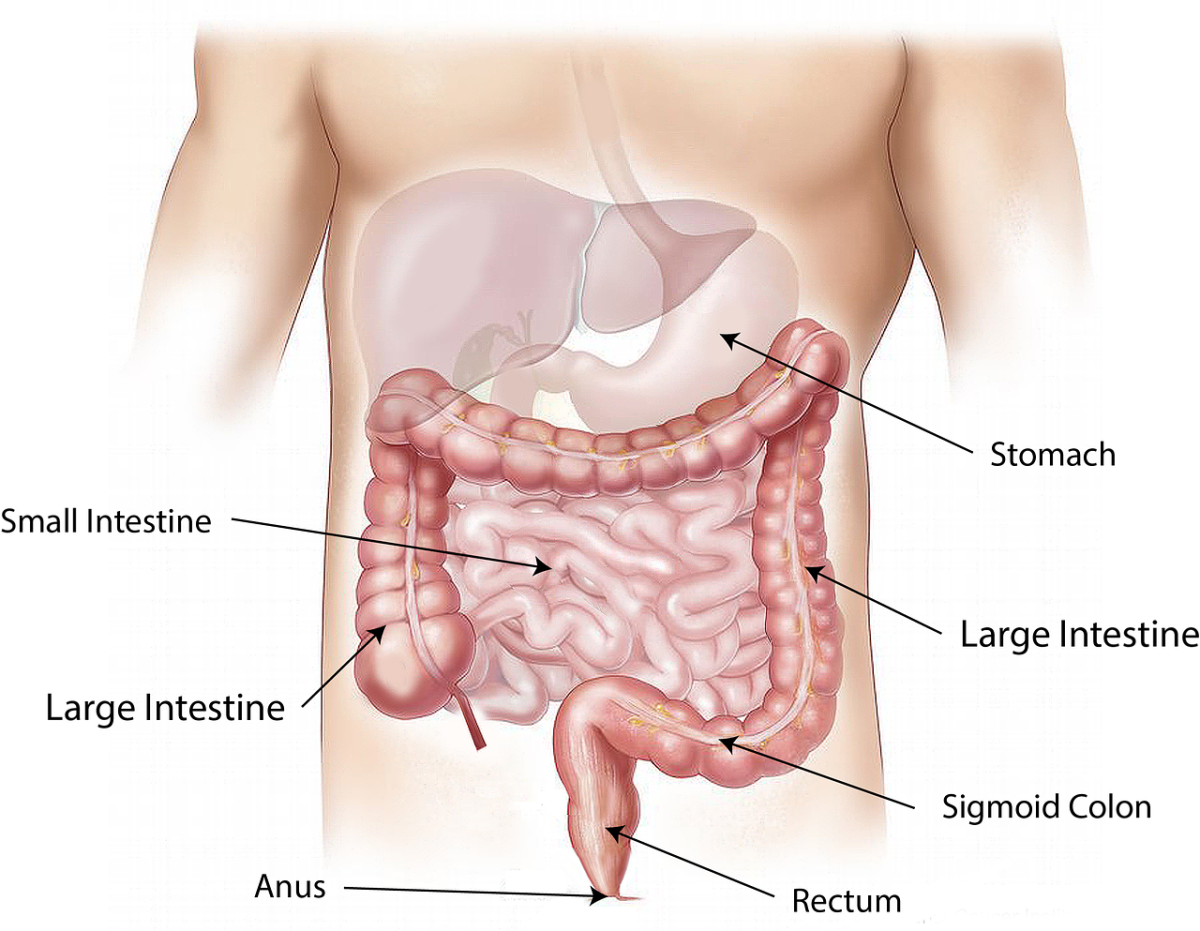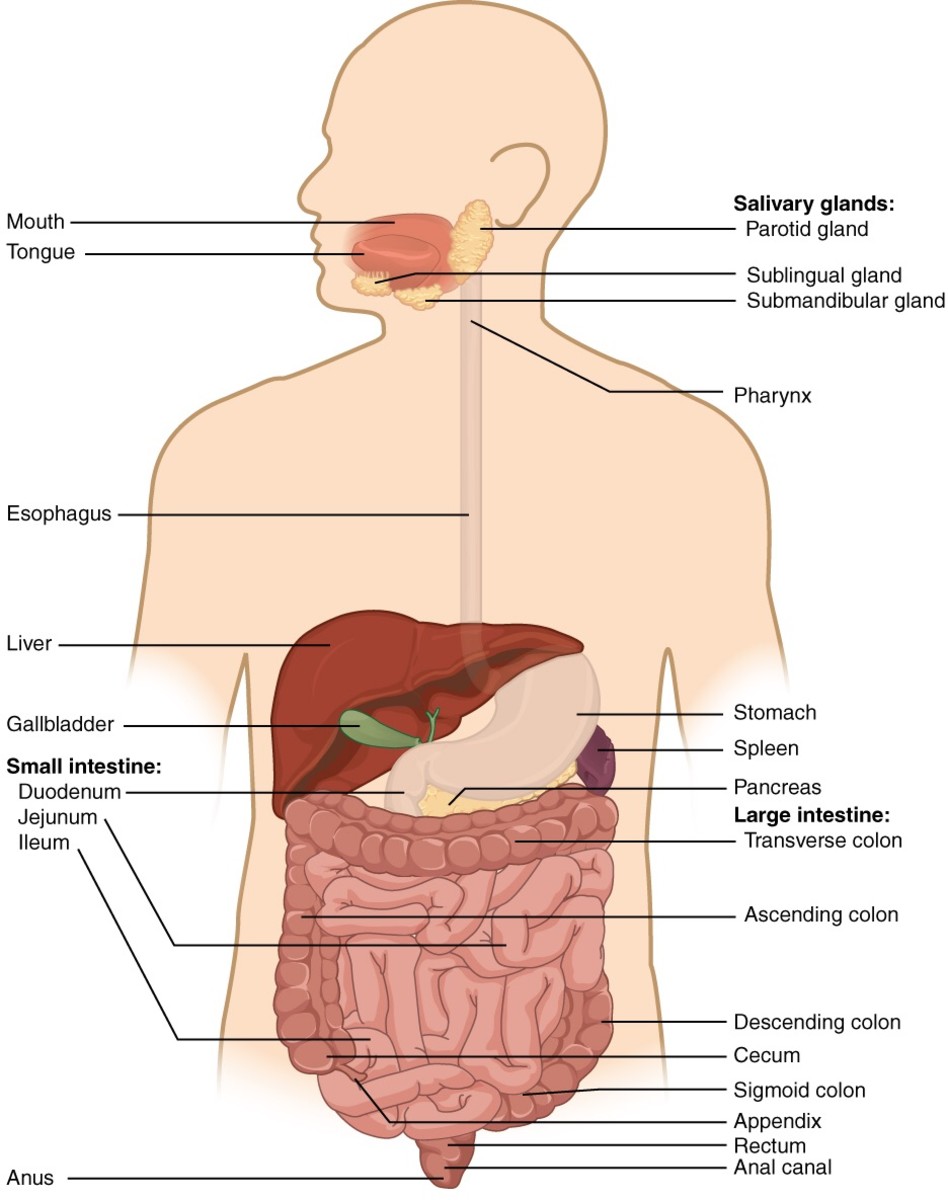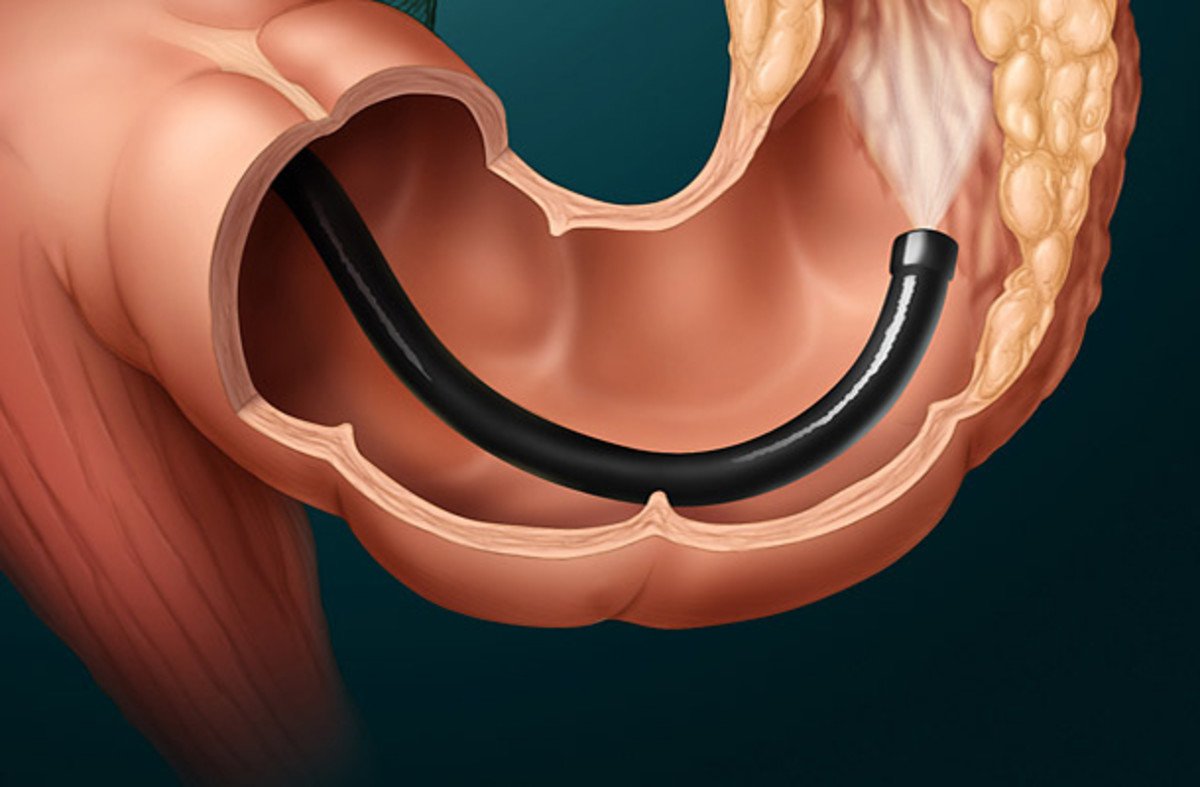The Causes of Intestinal Gas In the Digestive Tract
The Many Causes of Intestinal Gas in the Stomach
Gas, also, known as flatulence, in the intestinal tract is a most common complaint that is both, uncomfortable and embarrassing. Gas in the intestinal tract can cause bloating. Flatulence was once known as the "vapors." Gas in the intestines can cause a lot of pain. Intestinal gas is made up of carbon dioxide, oxygen, nitrogen, and hydrogen. It can, also, be made up of methane. The gas is passed through the anus and sometimes is accompanied by a foul odor, but not always. There are resident bacteria that live in the large intestine(colon) that cause gas, and, also, some foods are known to cause gas to form. which is a problem. The odor that sometimes accompanies the gas smells like sulfur(rotten egg smell), and is associated with passing gas through the anus. There are some foods are not digestible, but are digestible by the harmless bacteria that live in the large intestine. The large intestine is the colon, which contains the rectum and anus. When the bacteria digest the indigestible foods, they cause intestinal gas to form. The formed gas may cause great discomfort, distention, belching, and mild to even severe pain. Intestinal gas can cause extreme pain.
Chili
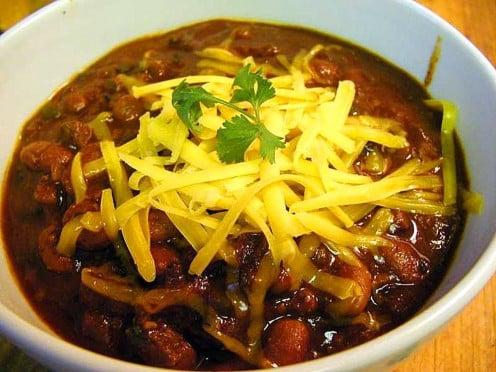
Causes of Gas Formation
The many causes of gas in the intestinal tract include: swallowed air when eating and drinking too fast, drinking carbonated beverages, smoking, bacteria in the large intestine, and eating foods that are known well for causing gas, for example: the beans in chili. Drinking soft drinks always causes belching, burping and pressure in the esophagus. Chewing gum and drinking through straws may cause air to be swallowed. Eating and drinking causes more air to be swallowed. Hard candy can cause air to be swallowed. Digestive is slowed down by eating fatty foods giving the fatty foods more time to ferment. Lactose (milk sugar), sorbitol, fructose may form gas in the intestines. People, who are lactose intolerant can't break down lactose, which causes intestinal discomfort and gas. These foods that cause intestinal gas are: beans, lentils, cabbage, Brussel sprouts, onions, carrots, apricots, and prunes. Some vegetables that contain starches may cause gas in the digestive tract. It may help to reduce the amount of foods that one may eat that causes intestinal gas to get some relief from intestinal gas. Foods affect individuals in different ways. Some foods may cause intestinal gas in some people, but not so much in others. Chili sure can taste great, but the beans in the chili may lead to the formation of intestinal gas in the digestive tract.
Help for Intestinal Gas
Intestinal gas can be treated, especially if it is excessive and is causing mild or severe pain. Tests can be performed to find the causes of excess gas, and gas can be seen on x-rays. Breathe tests can detect whether or not hydrogen and methane are present in the breathe. A doctor may be able to find the causes of gas and may help to treat the problems of excessive gas in the intestines. There are over the counter drugs that may help relieve intestinal gas. Charcoal tablets may help to relieve gas in the digestive tract. Charcoal tablets can be bought from a chemist or health food store.



